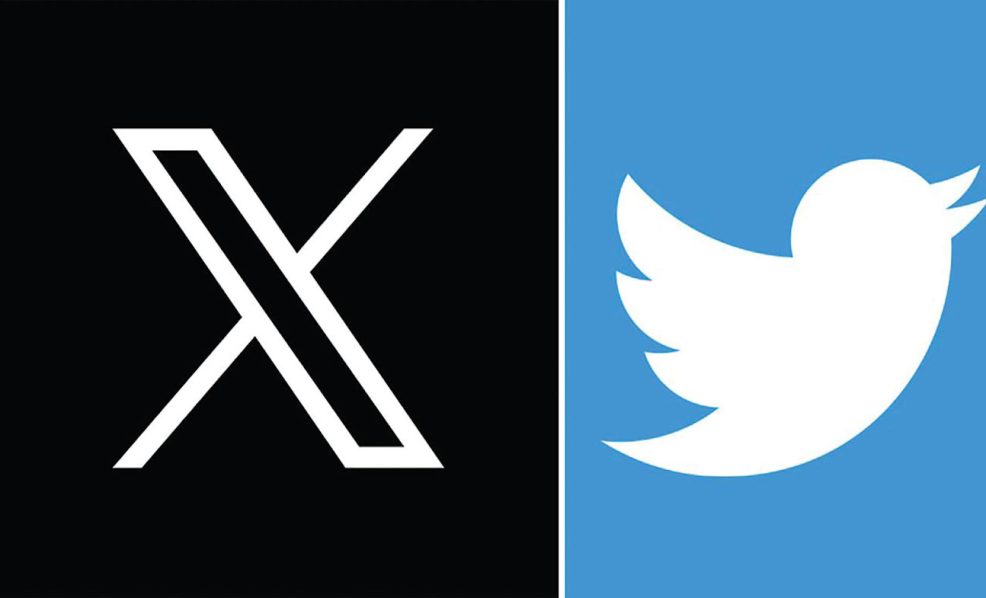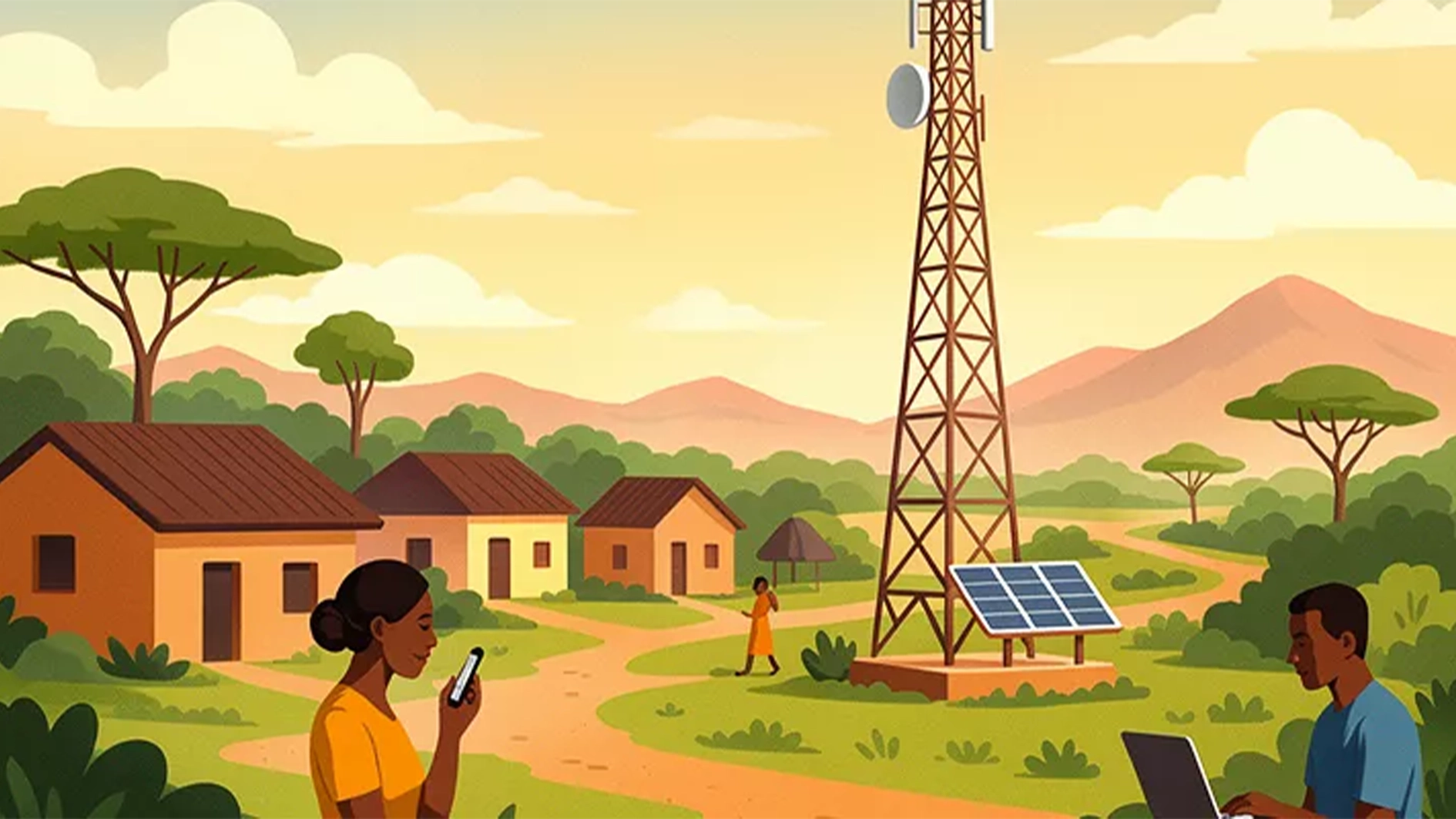
The previous administration had an extended cold war with Twitter (now X), which climaxed in 2021 when the government axed its operation in the country. Less than two years after the battle of wits, GODWIN IJEDIOGOR writes that the micro-blogging platform has become a medium of choice for top officials of the same government, raising some communication experts.
The Federal Government, through the office of the then Minister of Information and Culture, Lai Mohammed, in June, 2021, suspended the operations of Twitter (now known as X) indefinitely.
This was after the micro-blogging and social networking platform deleted a post by then-President Muhammadu Buhari on Tuesday, May 31, where he condemned attacks on police stations, prisons and offices of the Independent National Electoral Commission (INEC) across the country, particularly in the Southeast, saying: “Many of that misbehaving today are too young to be aware of the destruction and loss of lives that occurred during the Nigerian Civil War.
“Those of us in the fields for 30 months, who went through the war, will treat them in the language they understand.”
The post was condemned by some Nigerians, especially youths, who claimed it was insensitive and reported the tweet to Twitter, which later deleted the post, with a comment: “This Tweet violated the Twitter Rules.”
As a result, the minister accused Twitter of supporting insurrection in Nigeria since the October 2020 #EndSARS protests and allowing its use for activities capable of undermining Nigeria’s corporate existence.
The Senate went further to deliberate on the Protection from Internet Falsehood and Manipulations Bill 2019, commonly referred to as the anti-social media Bill, which criminalises the use of social media in peddling false or malicious information.
The ban was lifted on January 12, 222 days after the hammer.
Ironically, today virtually all-top government officials, ministries, departments and agencies are struggling to be heard on the same platform, where they make formal official announcements and decisions.
Just about four months after the exit of the previous government that hammered the platform, officials and institutions of the succeeding administration are hugging X even more than the formal channels of communication, to the point that the traditional media and means of communication now look and hook up to the social media, especially X, for current information, including from the government, its officials and institutions.
As the fuss spreads and gathers momentum, information and communication technology experts, while acknowledging the edge of social media in information dissemination, cautioned against the sole reliance on the platforms for sundry reasons.
Chairman, Mobile Software Nigeria, Chris Uwaje, while saying that the emergence of social media has disrupted the entire content communications space and engendered broad inclusiveness of the citizens in government decision-making process, as social media is now recognised as a vehicle for opinion moulding and proliferation of power- structured as a distributed information system, cautioned against its implications for corporate governance and national security.
He said: “The ubiquitous nature of social media as a strategic investment in governance poses complex challenges on how to deliver equitable and ethical solutions to national government and the citizenry. These complexities are intertwined with the diverse emotional intelligence and cultural diversities.
“Today. AI (Artificial Intelligence) has magnified those complexities, especially in the racial and cultural domains. For example, available assumptions suggest that indeed, the quantum of big data and information content has accelerated the growth of information overload and data chaos around the digital transformation ecosystem.
“And by extension, it makes a social media platform, like Facebook, the largest custodian of the global information highway, with the capability to ignite a third world war, since all wars are byproducts of data and information.”
He therefore stressed the need for a strategic and secured social media policy for the government to address strategic protocols, standards and guidelines focused on regulating the data protection of citizens.
He added that it is essential for the government to establish a social media compliance policy and strategic management framework as an instrument of national security.
In this regard, stated that the government, through e-Government Framework, must address the difference between government social media content security and those of individual government employees.
“Individuals should not be authorised to post government information, decisions and opinions on government social media handles. In particular, the Nigerian armed forces should not be allowed to post national defence matters on social media. The armed forces must have a secured digital infrastructure for communicating officially with the outside world.
“A government-approval workflow (software application) for the identification of key decision-makers and traceable approval mechanisms should be mandatory at all levels of government employees. This digital crisis management model is a strategic imperative.”
Uwaje acknowledged the huge benefits of social media as an extraordinary medium to communicate with citizens and the world, including helping to deliver effective campaigns and building awareness around initiatives, which is an essential tool in crisis communications and management.
For effectiveness, he recommended that social media content should be targeted at local consumers and delivered in at least 20 Nigerian languages.
The ICT expert advised the government to initiate a digital information filter mechanism to distribute its content to locally targeted audiences and special conduits and content for the international community. This, he noted, requires “a superlative national population database (from birth to death). And above all, mandatory basic digital literacy training at all levels of engagement.”
For the Science, Technology and Innovation Advisor and the Founder of Jidaw.com, Jide Awe, to check abuse and fake news, government officials need to use verified accounts to ensure the authenticity of their statements.
“They should also establish means of independently fact-checking official statements before sharing them on social media. In this regard, social media must align with traditional communication channels to ensure consistency and prevent contradictory messages.
“Government officials should transparently disclose the sources of the information they share on social media and engage with the public on social media in a respectful, constructive and service-oriented manner while avoiding arrogance and egotism.
“They must also be accountable for their online statements in a trustworthy manner.”
In addition, Awe charged the government to prioritise cybersecurity for all its digital resources, including social media accounts, while raising public awareness about cybersecurity and how to combat fake news, misinformation, disinformation and online abuse, especially on social media.
“Adequate avenues should be provided for reporting such issues and the government should be responsive to these reports. Additionally, support for cybersecurity development and research is essential.
“It is important for government officials to be aware of the risks and benefits of using social media and to take steps to mitigate these risks. There is no single solution to the problem of misinformation and disinformation on social media.”
Addressing this challenge, he emphasised, requires a combination of sincerity and professionalism in their approaches.
He admitted that it is an irony for a succeeding administration and officials to embrace a platform banned and later unbanned by a predecessor, but added that it depends on the understanding of government’s communication managers and how they can utilise it to build trust, involve people in the governance process and play an essential role in shaping the way forward.
Awe said as social media becomes increasingly prevalent for engagement and communication, it is not surprising to see government officials utilising it as a means to connect with the public, adding that as the trend gains momentum, in Nigeria, there is a need for a significant increase in digital literacy and social media consumption.
“Traditional communication channels, such as the press, will continue to be widely used in conjunction with social media to ensure that crucial information reaches all segments of the population.
“They must be employed sincerely and professionally and not solely as a one-way communication tool from the government to citizens,” he counseled.
Founder/President of Women in Technology In Nigeria (WITIN), Mrs. Martha Alade, sees social media platforms, especially X (Twitter) as an excellent platform to make official announcements, as long as it is used as just an addition to other formal channels, such as radio, television, print, etc. She does not believe that it should replace those other formal channels of communication.
“The fact that it reaches thousands and probably millions of people at a go, with its instant connection to a large audience, not only in Nigeria but also all over the world, is one advantage of it. It’s instant, so we get to know the most current information and see what’s happening on the go.
“However, it should be used just to support or augment the traditional media. It’s risky to solely rely on these platforms alone, because if one influencer misinterprets, for instance, information and also tweets about it, that goes viral. It’s a kind of two-edged sword; while it has its advantages, it also has its risks.
“That’s why it should be used as a support to other traditional channels of reaching people. Relying on only X (Twitter) could polarise communication instead of informing people about policies and decisions. Then, what happens if the account is hacked or something?
“The bottom line is that it is good if it is used to augment other formal channels of communication. It does not pose any threat to the traditional media. I will say, “threat, no, competition, yes.”






